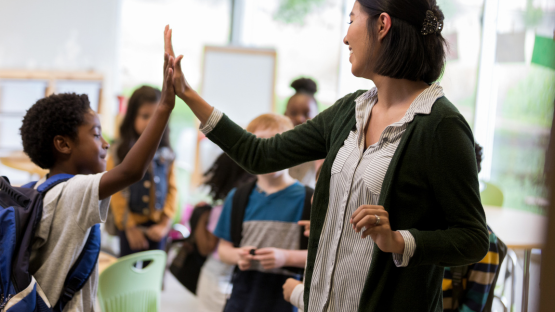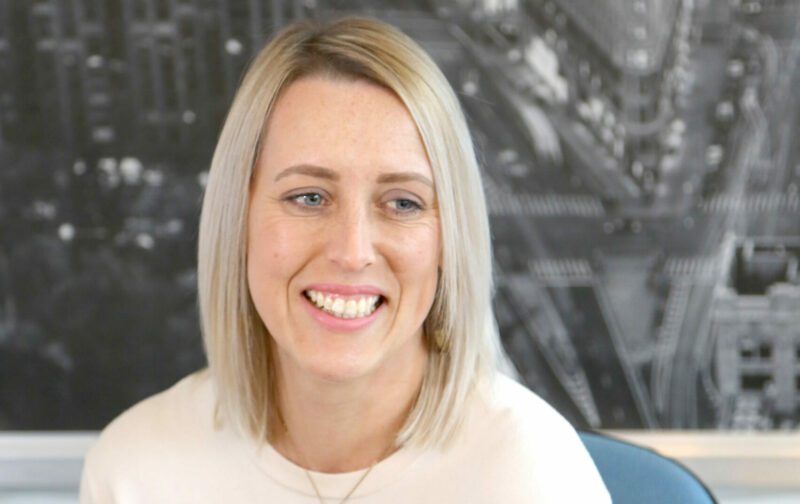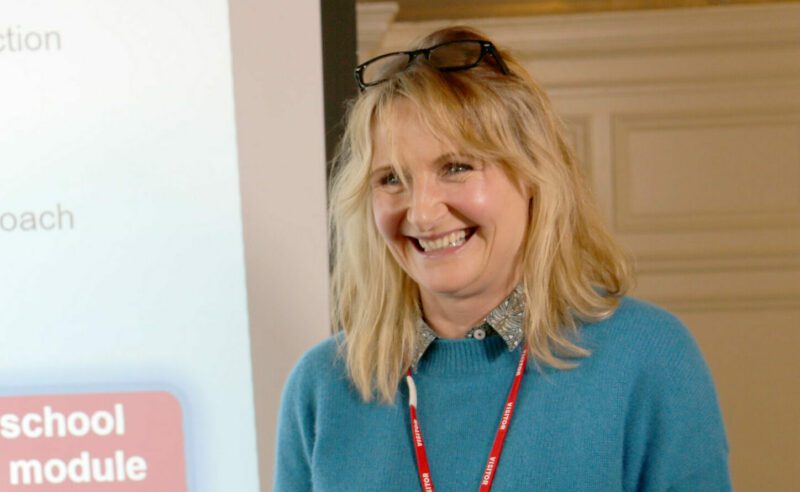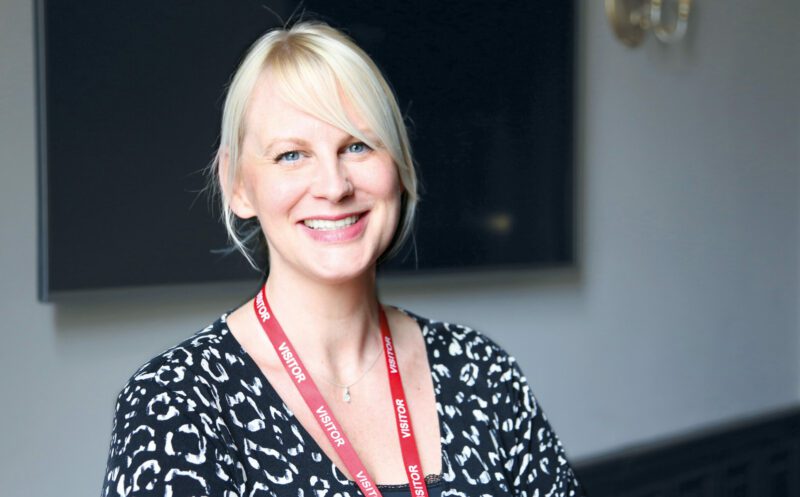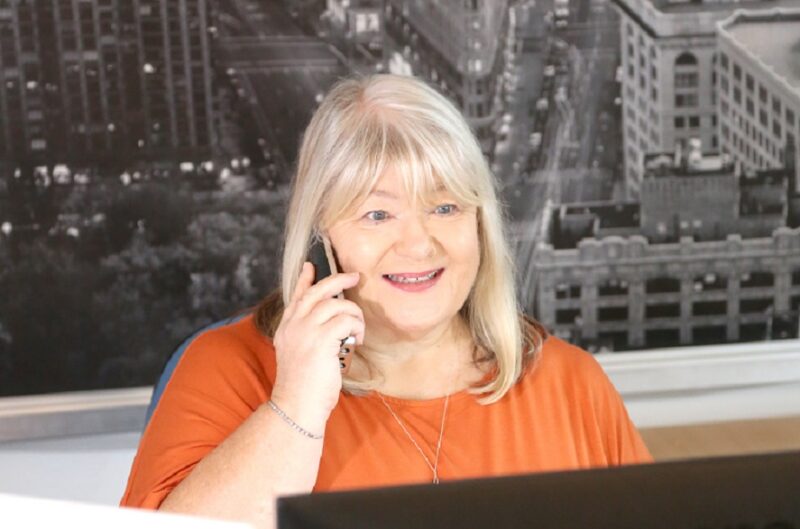Reflective Supervision Programme
Reflective Supervision in Education
PAGE UNDER CONSTRUCTION
Thanks for your patience
If you would like further information about our Reflective Supervision Programme, please get in touch.
Why is Safeguarding Supervision crucial for a Safeguarding team?
- Advocated within statutory guidance and serious case review recommendations.
- Provides opportunity to reflect critically on impact of decisions.
- Contributes towards highly effective practice and increased confidence.
- Supports critical thinking and offers assistance with decision making.
- Influences effective safeguarding practices within your setting.
Frequently asked questions
Reflective supervision in education refers to a process where safeguarding practitioners receive regular support and guidance to ensure they are able to identify, report and respond appropriately to safeguarding concerns.
Supervision can take various forms, such as one-to-one meetings with a designated safeguarding lead, group supervision sessions, or reflective practice discussions. It is essential that safeguarding supervision is regular, consistent, and supportive, and that safeguarding leads feel comfortable and confident in raising any concerns they may have.
Overall, supervision is a critical element in ensuring the safety and well-being of children and young people in educational settings.
Statutory Guidance and Serious Case Review Recommendations are:
- Providers must put appropriate arrangements in place for the supervision of staff who have contact with children and families.
- Effective supervision provides support, coaching and training for the practitioner and promotes the interests of children.
[EYFS Statutory Framework (2021)]
- Effective practitioner supervision can play a critical role in ensuring a clear focus on a child’s welfare.
- Supervision should support practitioners to reflect critically on the impact of their decisions on the child and their family.
[Working Together to Safeguard Children (2018/2020)]
- Employers are responsible for ensuring that their staff are competent to carry out their responsibilities for safeguarding and promoting the welfare of children and creating an environment where staff feel able to raise concerns and feel supported in their safeguarding role.
[Inspecting Safeguarding in Early Years, Education (2021)]
- The role carries a significant level of responsibility and the postholder should be given the additional time, funding, training, resources, and support needed to carry out the role effectively.
[Keeping Children Safe in Education 2022]
Designated Safeguarding Leads (DSLs)
DSL’s can often feel overwhelmed by the constant changes and safeguarding demands, leading to compassion fatigue which may impact on their own emotional and physical health and the ability to do their job.
Safeguarding Team Members
As safeguarding responsibilities and teams grow, it is recognised as best practice that supervision should be extended to the deputy safeguarding leads and other staff in safeguarding lead roles working specifically with vulnerable children.
In the case of supervision, there will be a partnership between the supervisee, the supervisor and the setting. The supervisor does not necessarily sit hierarchically above the supervisee. However, where someone other than the line manager provides supervision, the line manager still provides accountability for the work and should oversee direction of the plan and work for individual children.
We work to sector agreed standards for the supervision which provides a framework for and understanding of the minimum requirements and processes of supervision, encouraging staff to appreciate a restorative approach to supervision, which recognises benefits for all.
Good supervision can provide the opportunity for practitioners to reflect on their practice, explore any worries or concerns they may hold about the welfare or development of the children in their care and contribute towards highly effective practice and increased confidence.
Supervision should allow for work to be outcome focused, where the supervisee is held to account for the agreed actions, provides the opportunity for reflection, analysis and building on good practice. It should support the supervisee with professional development needs and space to discuss any personal impact of their role and responsibilities.
Monitoring: It monitors the work of safeguarding professionals to ensure that they are following best practices and adhering to established policies and procedures.
Support: It provides support and guidance to safeguarding professionals, particularly in situations that are complex or emotionally challenging.
Training: It serves as a platform to inform training and development opportunities to safeguarding professionals, helping them to enhance their skills and knowledge.
Accountability: It plays a critical role in ensuring that safeguarding professionals are held accountable for their actions and decisions, and that appropriate action is taken when necessary to address any issues that arise.
Continuous Improvement: It helps drive continuous improvement in safeguarding practices by identifying areas for improvement and implementing changes to address them.
Supervision should enable the safeguarding team to reflect and learn in order to:
- Uphold quality standards, including legislation and the suite of safeguarding policies
- Receive appropriate support and ensure staff wellbeing
- Celebrate success
- Be open and honest
- Be a two-way relationship between supervisor and supervisee
- Be structured within an agreement supervision contract
- Be recorded, kept private but not a confidential process
- Be regular



